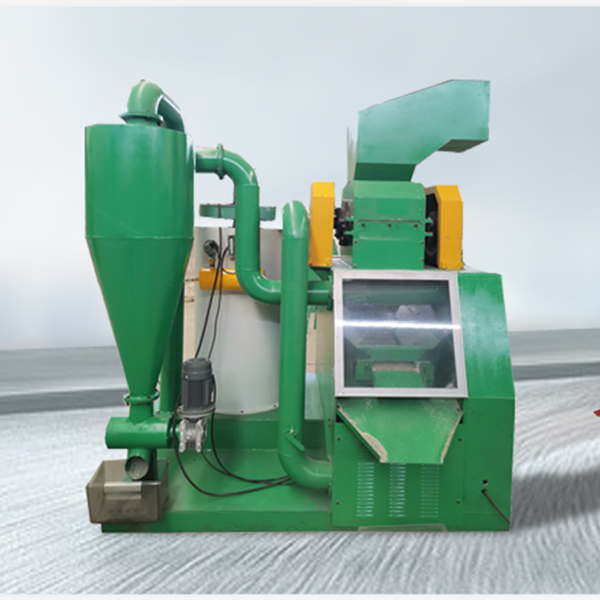

Jul . 31, 2024 16:54 Back to list
The Importance of Construction Waste Shredders
Construction activities contribute significantly to waste generation, with millions of tons of materials being discarded each year. This not only affects landfills but also has severe environmental implications. To mitigate these effects, construction waste shredders have emerged as a crucial technology in waste management, playing a vital role in the recycling and reuse of construction materials.
A construction waste shredder is a specialized machine designed to break down large waste materials into smaller, manageable pieces. These machines can process a variety of materials, including wood, metal, concrete, bricks, and plastics. By reducing the size of these waste products, shredders facilitate easier handling, transport, and further processing, thereby promoting a more efficient recycling process.
One of the primary advantages of using a construction waste shredder is the reduction of landfill waste. By shredding materials, construction companies can significantly decrease the volume of waste sent to landfills, aligning with sustainability goals and regulations aimed at waste reduction. This shift not only conserves landfill space but also minimizes the environmental impact associated with the construction industry.
Moreover, shredded materials are easier to recycle. For example, shredded wood can be repurposed into mulch or biomass fuel, while crushed concrete can be used as a base material for new construction projects or roadways. This transformation of waste into valuable resources not only supports a circular economy but also reduces the demand for virgin materials, leading to lower carbon emissions associated with material extraction and processing.

The efficiency of construction waste shredders extends beyond mere waste reduction. They are designed with advanced technologies that enhance their performance and functionality. Modern shredders come equipped with various features, such as adjustable blade systems, automated controls, and noise reduction technologies. These innovations allow for customizable shredding processes tailored to specific materials, optimizing the quality of the output while minimizing energy consumption.
In addition to environmental benefits, utilizing shredders can have financial advantages for construction companies. By diverting waste from landfills and reducing disposal fees, companies can lower their operational costs. Furthermore, recycling materials can lead to new revenue streams, particularly if shredded materials are sold to manufacturers for production or used internally in new projects.
However, it is essential for construction companies to implement shredding processes correctly. This includes training staff on the appropriate use of shredders to ensure safety and efficiency. Proper maintenance and regular inspections of the machinery are also necessary to ensure optimal performance and longevity.
In conclusion, construction waste shredders play a pivotal role in managing the substantial waste generated by the construction industry. By reducing waste volume, facilitating recycling, and contributing to cost savings, these machines not only support environmental sustainability but also enhance operational efficiency. As the construction industry continues to evolve, the incorporation of shredding technology will undoubtedly become a standard practice, driving the sector toward a more sustainable and responsible future. Embracing such technologies not only reflects a commitment to environmental stewardship but also positions companies as leaders in the growing green economy.
Latest news
Troubleshooting Common Eddy Separator Problems
NewsJul.04,2025
The Role of Metal Recycling Plants in Circular Economy
NewsJul.04,2025
The Impact of Recycling Line Pickers on Waste Management Costs
NewsJul.04,2025
Safety Features Every Metal Shredder Should Have
NewsJul.04,2025
How Industrial Shredders Improve Waste Management Systems
NewsJul.04,2025
How Cable Granulators Contribute to Sustainable Recycling
NewsJul.04,2025